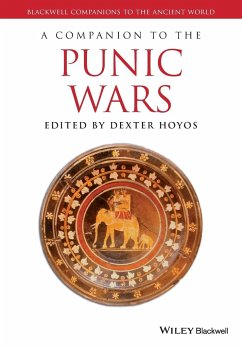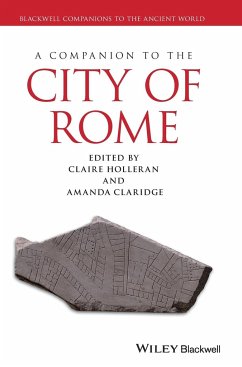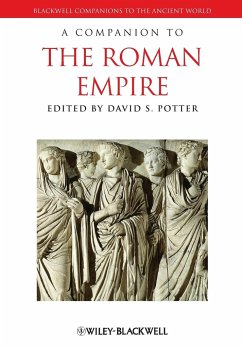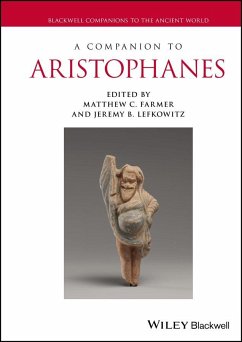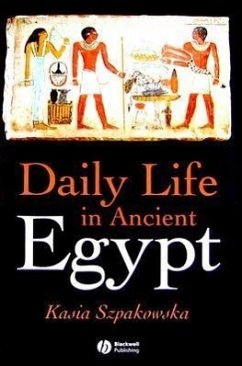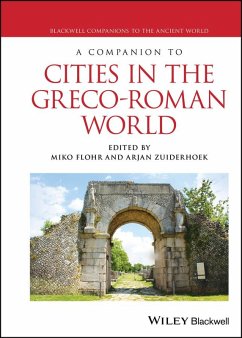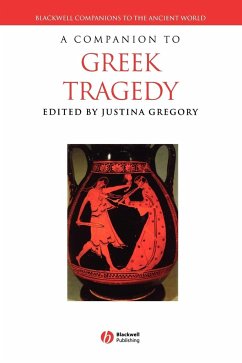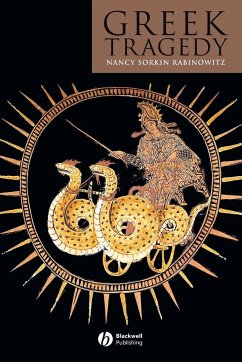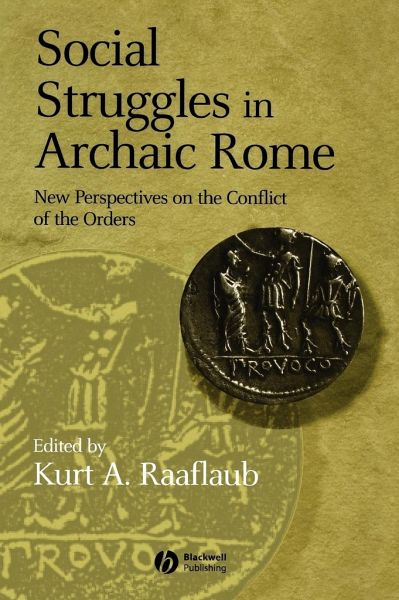
Social Struggles in Archaic Rome
New Perspectives on the Conflict of the Orders
Herausgeber: Raaflaub, Kurt A
Versandkostenfrei!
Versandfertig in über 4 Wochen
163,99 €
inkl. MwSt.
Weitere Ausgaben:

PAYBACK Punkte
82 °P sammeln!
This widely respected study of social conflicts between the patrician elite and the plebeians in the first centuries of the Roman republic has now been enhanced by a new chapter on material culture, updates to individual chapters, an updated bibliography, and a new introduction.



